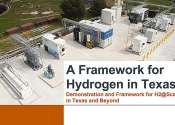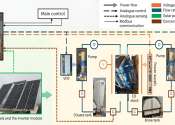Microsoft makes renewable energy deal with Canada's Brookfield
Microsoft and Canada's Brookfield Asset Management have struck an agreement for the development of renewable energy that could make one of the biggest corporate purchases of green energy to date, the companies said on Tuesday.
May 2, 2024
0
14









